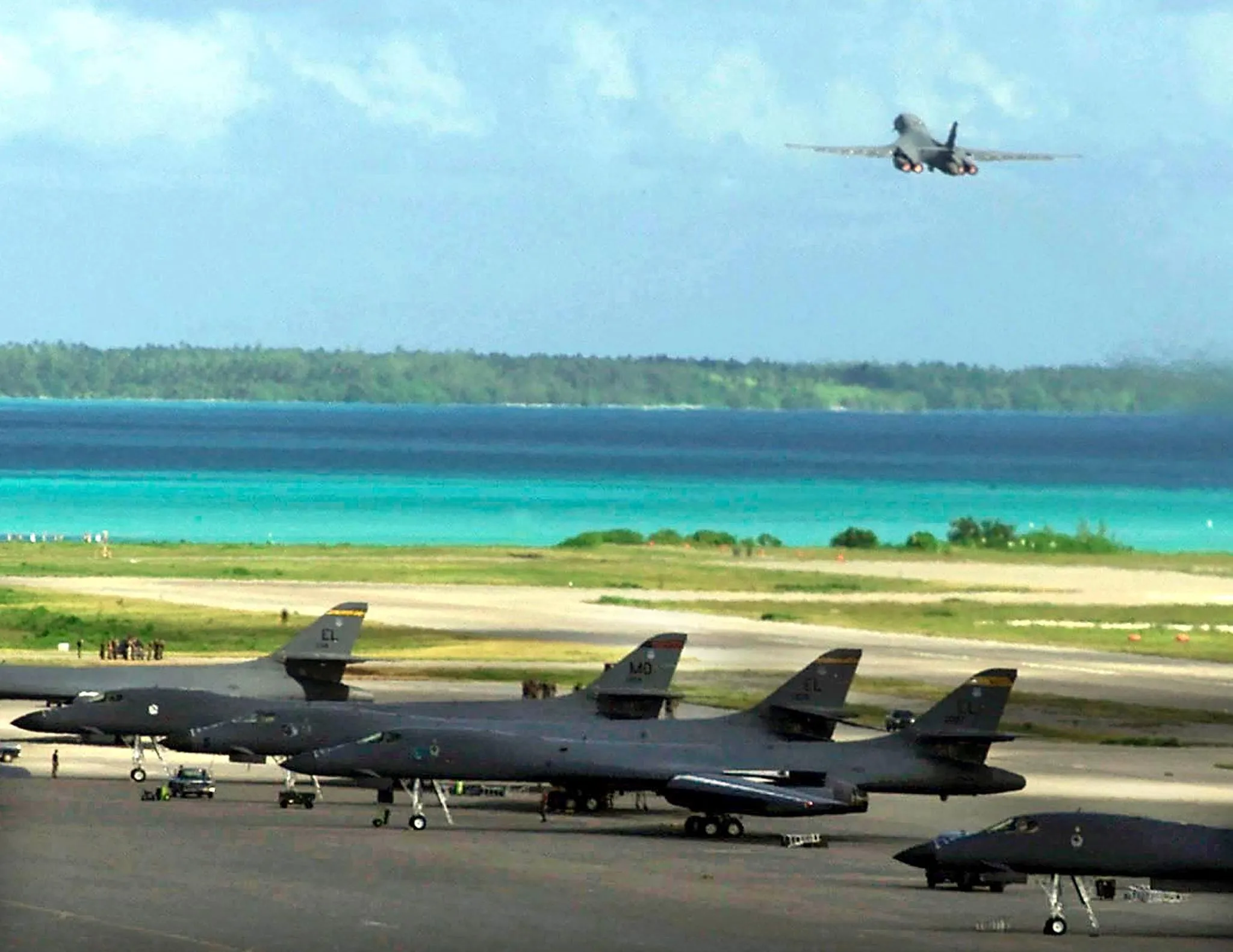
In October, the UK government announced that it had reached a deal to transfer sovereignty of the Chagos Islands to Mauritius, sparking controversy both in the UK and US.
However, with a new government in Mauritius seemingly opposed to the deal, as well as the incoming Trump administration in the US staunchly against the proposal, it appears possible that the UK government will be forced to backtrack.
The deal was controversial on both sides of the Atlantic because the Chagos Islands, a remote cluster of islands in the Indian Ocean which Mauritius has laid claim to for decades, is considered to be of crucial strategic significance. The islands are home to a joint US-UK military base at Diego Garcia, a base which is seen as vital in countering Chinese influence in the region.
But under the terms of the deal announced at the start of October, the UK agreed to transfer full sovereignty of the islands over to Mauritius, including Diego Garcia, while also agreeing to give Mauritius a package of financial support. However, the deal outlined that the UK would be authorised to continue operating its military base at Diego Garcia for an initial period of 99 years.
New Mauritian government sceptical
Now, following elections in Mauritius in November which saw a change of government, the new prime minister Navinchandra Ramgoolam has expressed reservations about the transfer, saying he wishes “to have more time to study the details with a panel of legal advisers.”
Ramgoolam has not outlined the specific reasons for this, but has suggested it was inappropriate for such a momentous deal to be rushed through only a few weeks before an election which the ruling party was poised to lose. During the election campaign, he accused his predecessor of “high treason,” having agreed to a “sell out” deal allowing Britain to continue operating its base at Diego Garcia for another century.
However, a British foreign policy expert specialising in African affairs, who wishes to remain anonymous as they previously held positions in the UK government, suspects that Mauritius may be backtracking from the deal so as to avoid being embroiled in geopolitical rivalries.
“The deal was poorly considered and made, without any consultation with the Chagossians, whom it transpires have no wish to see their islands under Mauritian rule. The Mauritian government, faced with the actual cost and responsibility of administering the Chagos Islands, are now reluctant to become enmeshed in US-Chinese tensions,” they explain.
UK’s rationale for deal questioned
Supporters of the deal saw the move as a chance to end the final remnant of British colonialism in Africa, with UK Prime Minister Keir Starmer saying it would “address wrongs of the past and demonstrate the commitment of both parties to support the welfare of Chagossians.”
The British government also saw the move as a way to “reset” its relationships with African countries and bolster broader African support for British foreign policy goals, such as supporting Ukraine in its war against Russia.
However, many analysts are sceptical the Chagos Islands deal would have this effect. Alex Vines, who leads the Africa programme at the Chatham House think-tank in London, says that he does not believe “the Chagos Islands directly impacts the UK’s bilateral relations beyond the western Indian Ocean, particularly Mauritius.”
The move sparked fury in some quarters, with Edward Howell, a lecturer in geopolitics at the University of Oxford, telling African Business that “the decision to hand over the Chagos Islands to Mauritius is beneath contempt and nothing short of a disaster for the UK’s foreign policy.”
The former UK government source argues that the Chagos Islands deal demonstrates the new UK government’s approach to African affairs is wrong.
“From an African standpoint, there is little interest in woke identity politics or naive gestures which reduce the UK’s potency or influence as a bulwark of security and liberal democracy,” they tell African Business.
“The aspirant African educated youth and emerging middle class crave a relationship based on mutual respect, investment, and opportunity – not halting apologies based on post-colonial guilt or gestures of geopolitical weakness.”
From a British perspective, they note, “a reversal of the Chagos Islands decision would be a welcome development.”
Incoming Trump team hostile
Meanwhile, the incoming US administration of President Donald Trump, which is expected to execute a strongly anti-China policy, is opposed to the deal.
Critics fear that the strategically important islands could become a launchpad for Chinese influence in the Indian Ocean after the expiry of the US-UK military base’s 99 year lease, given Mauritius’ warm relations with China.
Nigel Farage, a British member of parliament with close ties to the Trump administration, told the House of Commons recently that the Chagos Islands deal will be met with “outright hostility” by the incoming president. Marco Rubio, Trump’s pick for secretary of state, has also argued the deal undermines US security.
The former UK government source is scathing.
“The incoming US Republican administration see this as an act of strategic madness from a UK ally who already dropped the ball in Iraq and Afghanistan, biting off more than they could chew before wilfully dismantling some of the best armed forces in the world in the face of heightening global risk.”

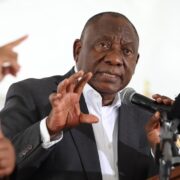
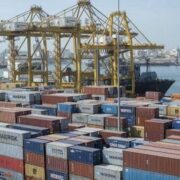
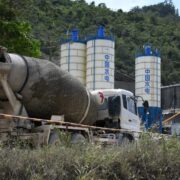


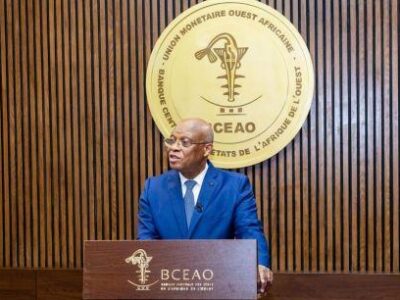


Comments